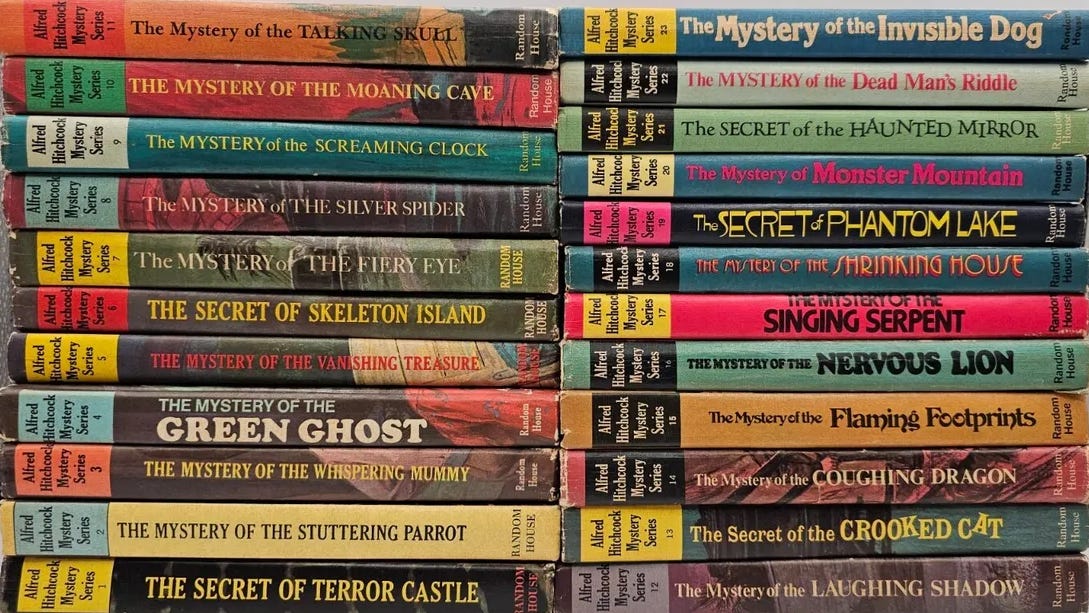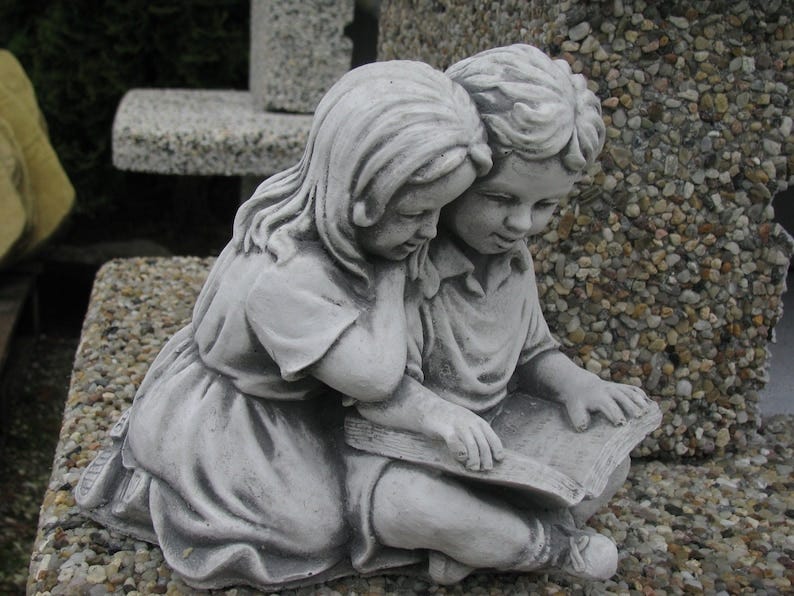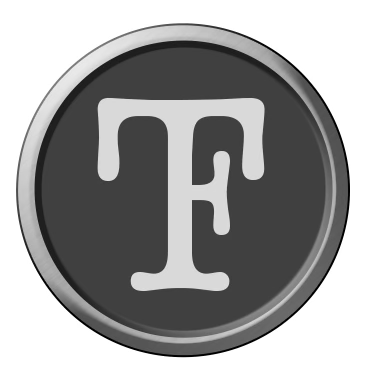Speculating on the roots of writerly instincts
Writing life: 45
Over the years I’ve thought a lot about how one becomes a writer. Is it learned? Is it innate? Is it a skill or a gift? Is it some crazy confluence of fate, genes, timing, perseverance, luck and who knows what else? I haven’t yet drawn hard and fast conclusions. If I’m completely honest, I don’t really know why or how I’m able to write. I don’t remember a time when I couldn’t. But something tells me it started very early when I was very young.
What I read as a kid
Growing up, while I was a relatively avid reader, I was certainly not one of those bookworms who did nothing but read, go to the library for more books, and read some more—although that sounds pretty good to me. Let’s just say I knew what I liked to read and I read quite a lot of it. But back then, I had no idea I might have been in training to become a novelist some thirty-five years later. Yet, perhaps I was.
The Hardy Boys
I don’t know how many Hardy Boys adventures my twin brother Tim and I bought or received, and read in our adolescent years, but if I had to guess, I’d say at least 40. We both loved them. Sure, the mysteries may have been a little predictable (though we didn’t know it at the time) and against all odds, the brothers always seemed to crack the case in the end, but we didn’t care. We loved them—and if that weren’t enough, they had their own motorboat for crying out loud, dubbed The Sleuth!
We found the stories exciting, confounding, and suspenseful. They featured characters we could relate to, even if the stories were a little dated by the time we read them. Again, we didn’t care. We devoured them.
In fact, when we were about 10, inspired by the Hardy Boys books, and guided by the Hardy Boys Detective Handbook, Tim and I formed our own detective agency with a good friend from down the street. Yes, for a brief period, Leaside Amateur Private Investigators—you know, LAPI—was actually a thing. We solved, er tackled, two mysteries, both of which remain cold cases to this day. But the Hardy Boys stories inspired us as kids, not just to read about their adventures, but to try to find some of our own.
The Three Investigators
This series was not quite as popular or ubiquitous as the Hardy Boys books, but I really loved these stories featuring “the three investigators,” Jupiter Jones, Pete Crenshaw, and Bob Andrews. Jupiter’s family owned and operated a junkyard, wherein the three friends created a hidden headquarters from which they solved mysteries. What could be cooler to adolescent readers than a high-tech clubhouse with secret entrances and exits, buried beneath a junk pile. I was hooked.
Matt Christopher’s sports novels
I’m quite sure I read every single Matt Christopher novel in our public school library by the time I’d “graduated” from grade 8. I was—and remain—heavily into sports. So if I wasn’t playing hockey, baseball, football, soccer, badminton, or golf, I was reading about sports, particularly the novels of Matt Christopher.
The stories inevitably followed a formula (again, I didn’t really notice that when I was reading my way through them as a kid), and almost always encompassed more than just sports. There were plenty of life lessons conveyed in those stories about perseverance, loyalty, teamwork, etc., etc. I loved them all.
William Campbell Gault’s auto racing novels
When I was eleven or twelve and began to see a time in the not-too-distant future when I would actually have my driver’s licence, I became very focused on cars, engines, and auto racing (an interest that has stayed with me across the intervening years). So I went looking in the library of Bessborough Public School in Leaside—the Toronto neighbourhood where I grew up—for books about auto racing. And there I found William Campbell Gault.
I could almost smell the grease, gas, and oil when I read these novels. They put me right in the driver’s seat and on the starting grid, which is just where I wanted to be. And Gault’s stories fuelled a lifelong interest in car racing.
So what’s my point?
Good question! I hope I have one, even if it’s speculation.
Hindsight is a wonderful thing, often landing with crystal clarity years later. I guess that’s why they call it “hindsight.” (See how I put that together. Impressive stuff, I know.) As an adolescent reading the kinds of books outlined above, I had no idea I might have been doing more than immersing myself in a rollicking story that kept me entertained and wanting more. But in hindsight, I think there may have been a bit more going on.
Perhaps when reading those novels in my adolescent years I was not just enjoying stories about cracking cases, playing sports, and racing cars, (though that’s what I was searching for back then). No, looking back, they were also about the challenges life throws at you. I was reading about friendship, being a good person, the benefits of hard work, even the importance of school and making good decisions. Yes, in hindsight, these novels captured in prose, the values that the “after school specials” conveyed on television and what most parents were trying to instil in their children. I see that now. But that’s still not really my point. “Well, how about getting to your point?” Okay, okay—I’m still figuring it out myself.
My point is, that after reading somewhere close to 75 novels spread out across just these four authors—and there were many others I’ve not mentioned—I think I was earning a solid grounding in the art of storytelling, again, without knowing it. I had no ulterior motive when reading these stories back then. I had no idea I might one day become a writer. I just loved being transported—sometimes at high speed in the case of the Gault novels—to different worlds. I wanted to exist in those worlds. I wanted to play sports, solve mysteries, and live out the dreams of the characters populating those stories. As far as I was concerned, that was the only reason I was reading them, one after the other, for several years.
But in hindsight—there’s that word again—I now think that reading so many books in a similar vein helped me to become a writer. Not unlike how Artificial Intelligence (AI) programs are being trained by consuming the works of tens of thousands of real human writers (including seven of my novels—see my last post), I believe my own adolescent, undeveloped, uninitiated writer’s brain was—without me knowing about it at the time—learning about character, setting, plotting, pacing, tension, conflict, dialogue, narrative exposition, imagery, metaphor, symbolism, story arc, and all those other ingredients that drive a good story.
I strongly suspect (perhaps believe) that some of the storytelling instincts I like to think I’ve developed and honed over the years have their roots in the stories I consumed as an adolescent reader, when I had no agenda beyond enjoyment, entertainment, and excitement. When you read many books by a handful of authors, I think it’s easier to discern patterns and techniques—when they work, and when they don’t—even when such “literary analysis” is undertaken completely unconsciously. I think your brain is learning when you’re lost in a good read, whether you know it or not.
Wrapping up…
Well, if I haven’t already pounded my point into the ground, let me close with this. At the age of 11, while reading Dirt Track Summer on a Saturday morning in my upper bunk, I surely gave no thought to literary technique and effective storytelling. But I’ve come to think that perhaps back then, my unconscious brain was in fact learning something, and perceiving patterns and techniques, even when I was oblivious to anything beyond the great story I was reading. And so, years, even decades, later, maybe that subconscious learning from my youth eventually manifested more consciously as the literary instincts that now guide me as a writer and storyteller. Where else could they have originated? Okay, I guess that’s my point, such as it is.
So if this theory is true, it’s just another reason to encourage kids to read early and often, just for the joy of it. Among them are WITs, you know, writers-in-training.
Food for thought (if you haven’t yet dozed off).
Thanks for stopping by—or opening your email as the case may be. Now that my new novel has been on the street for nearly three months, and my touring is winding down for the year, this post kind of marks a return to the more typical musings that I foresaw when I started on Substack back in the spring of 2022. Here’s hoping it approaches “interesting” for at least some of you! See you again in two weeks. It would be lovely if you’d consider subscribing and sharing if you haven’t already. Many thanks.












I read the Hardy Boys too as a kid. That must be it!
Little did we know that the beloved authors of Hardy Boys and Nancy Drew mysteries were part of a literary syndicate of ghost writers. We loved the way the characters spent their days independent of adult supervision and, yes, still managing to choose good over evil. Citizenship over anarchy. Like you, Terry, l did not recognize the formulaic